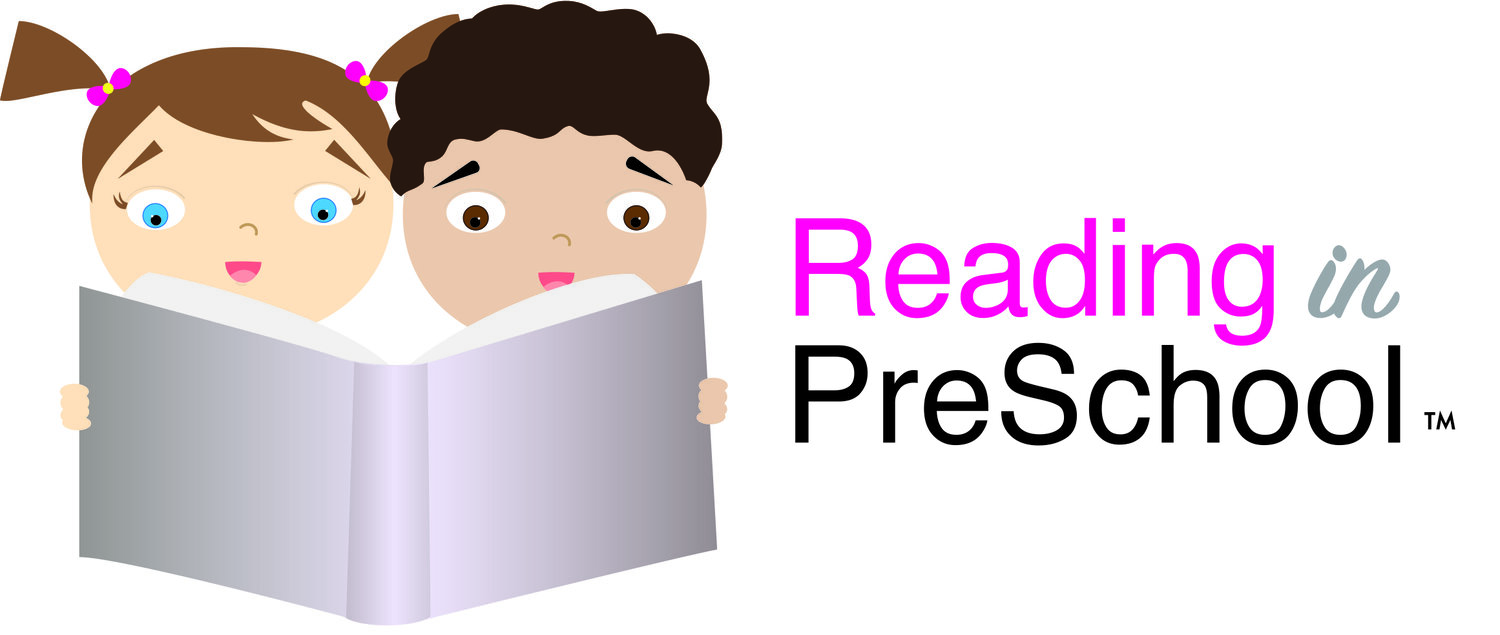In response to “Tutoring Surges With Fight for Middle School Spots” April 15th 2016 New York Times article.
Parents, teachers and school administrators of the New York City school system; I want us all to think back to a lesson in our own elementary education, “Cause and Effect.”
The motive, or cause, behind why we send our students to a tutoring session does not matter, what matters is the effect: greater knowledge which leads to greater success and confidence in our children’s lives.
Whether parents are sending their students to tutoring lessons because they’re struggling in school, or for the preparation of one exam to receive a better chance at admission to a top middle school is not the question. What matters is the extra time our young people spend learning; being exposed to the kind of critical thinking and problem solving skills that are directly related to their chances of success today and later in life.
I applaud the article and those parents who seek to help their child learn a little more, but I would step even further.
You want your child to really get ahead? I challenge parents to start even earlier.
The tutoring process can and does start even earlier for some preschoolers and children in kindergarten. Many parents think that just because their son or daughter isn’t trying to speak or pronounce words, that their child isn’t learning and already absorbing. In fact, studies have shown that 70-percent of the personality and processing faculties are formed during the first years of brain development.
As a business owner who specializes in this field, my program, The Alexander Reading Method, has proven that children who have been tutored in reading early on, have enhanced performance in all subjects. They have greater imaginations, verbal skills and emotional development, which leads to social confidence, enhanced classroom knowledge and a better ability when it comes to important testing spoken of in the aforementioned article.
I have taught and seen toddlers recite their ABC’s, preschoolers reading first grade level story books ,and seven and eight-year-olds reading the Harry Potter novels. Simply by having the constant exposure to the right material, combined with the praise of an encouraging adult figure.
If you’re excited about learning, and make learning fun, they will be excited about it too.
Tutoring, it’s not just for those who are struggling, it’s for whoever wants to learn; our youngest most of all.
